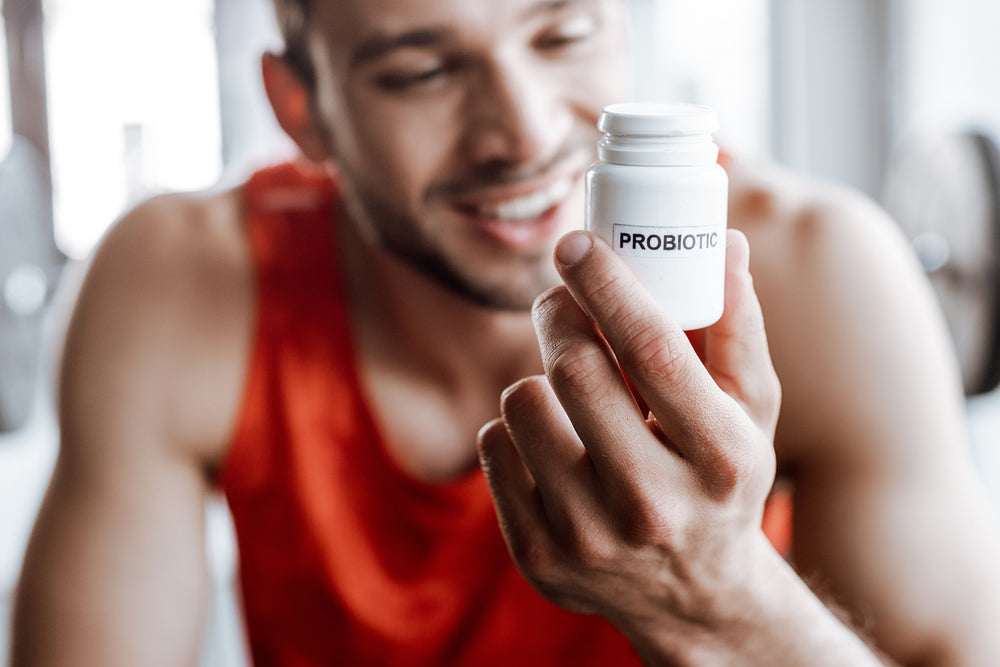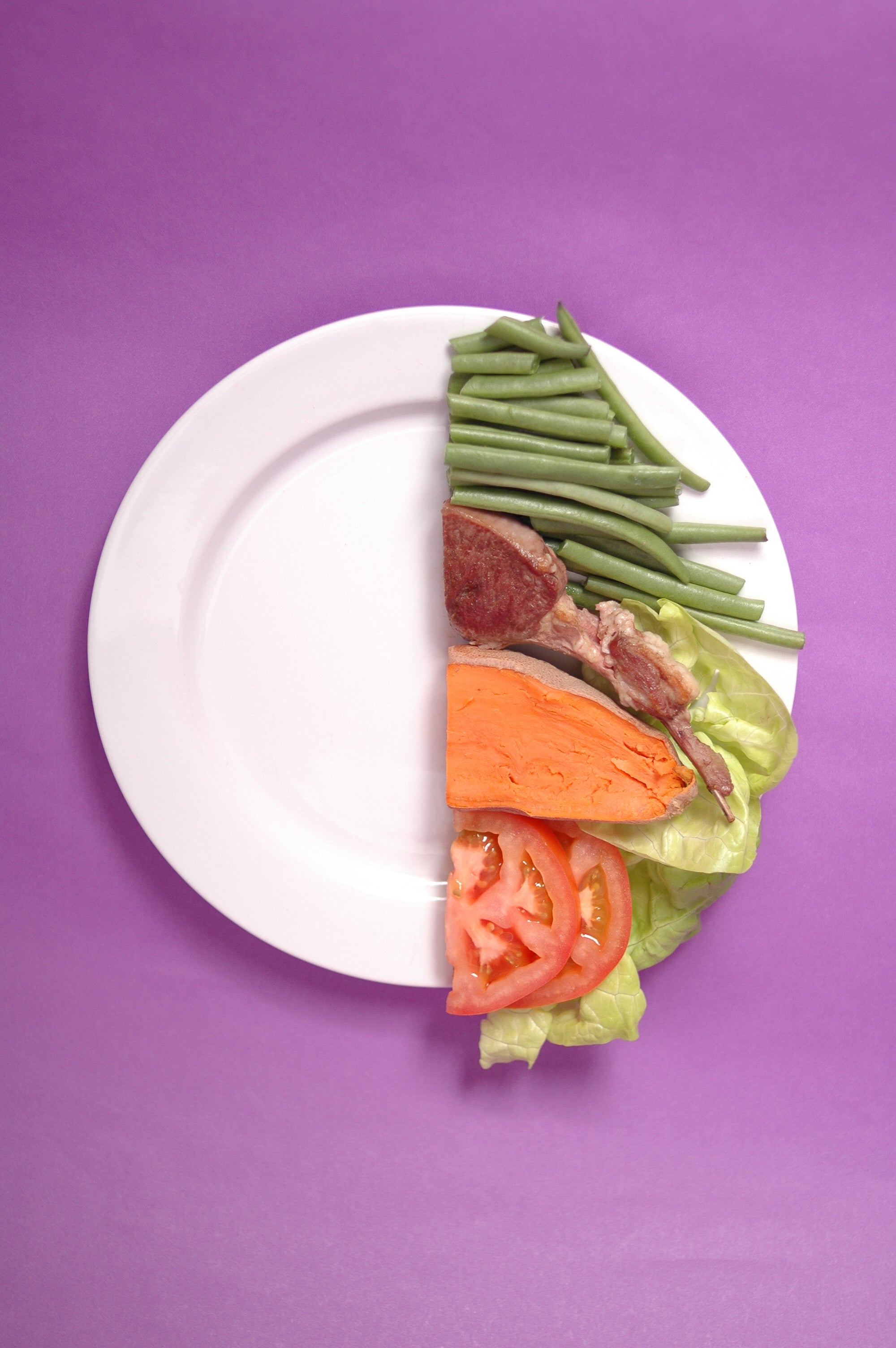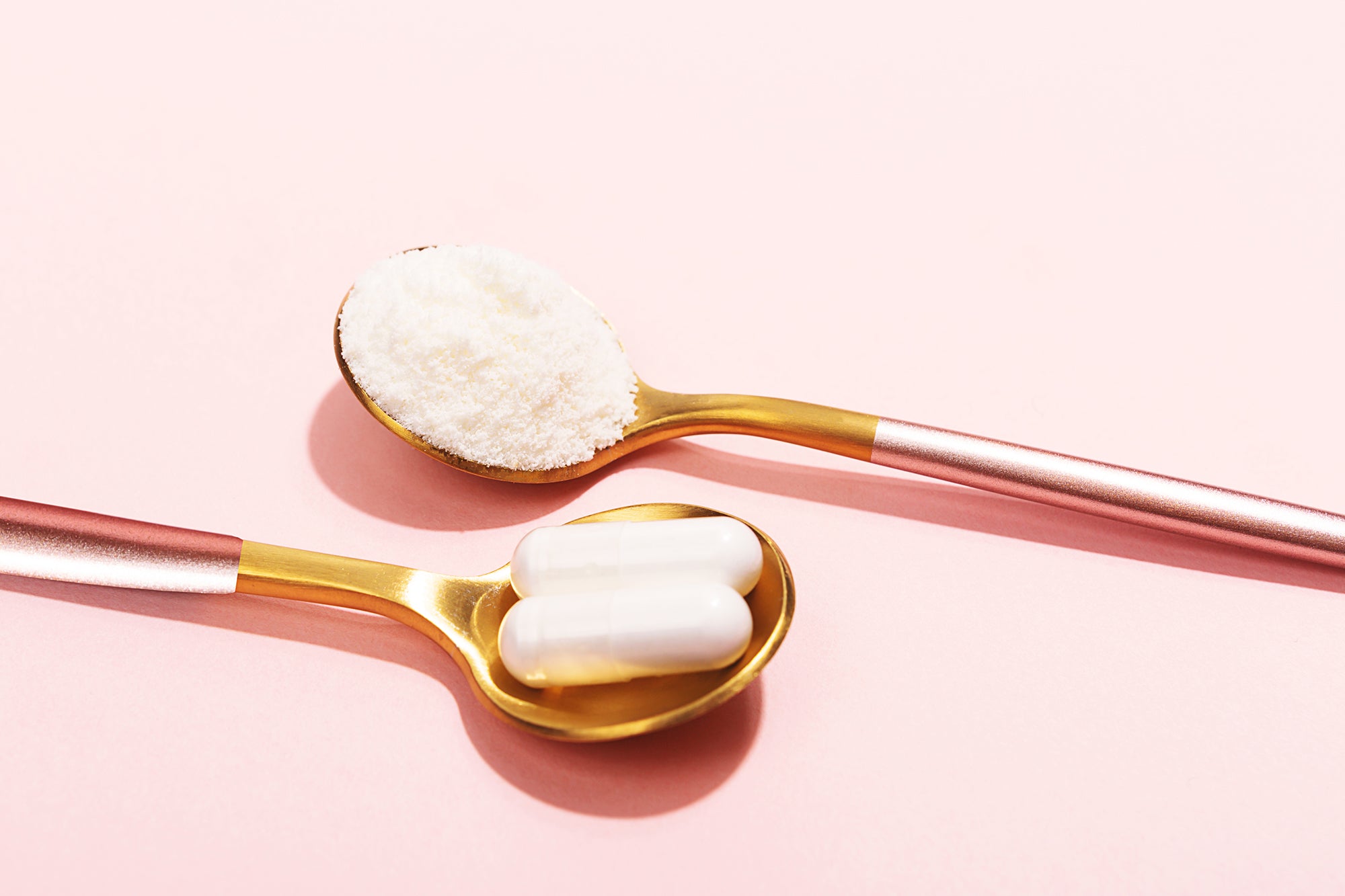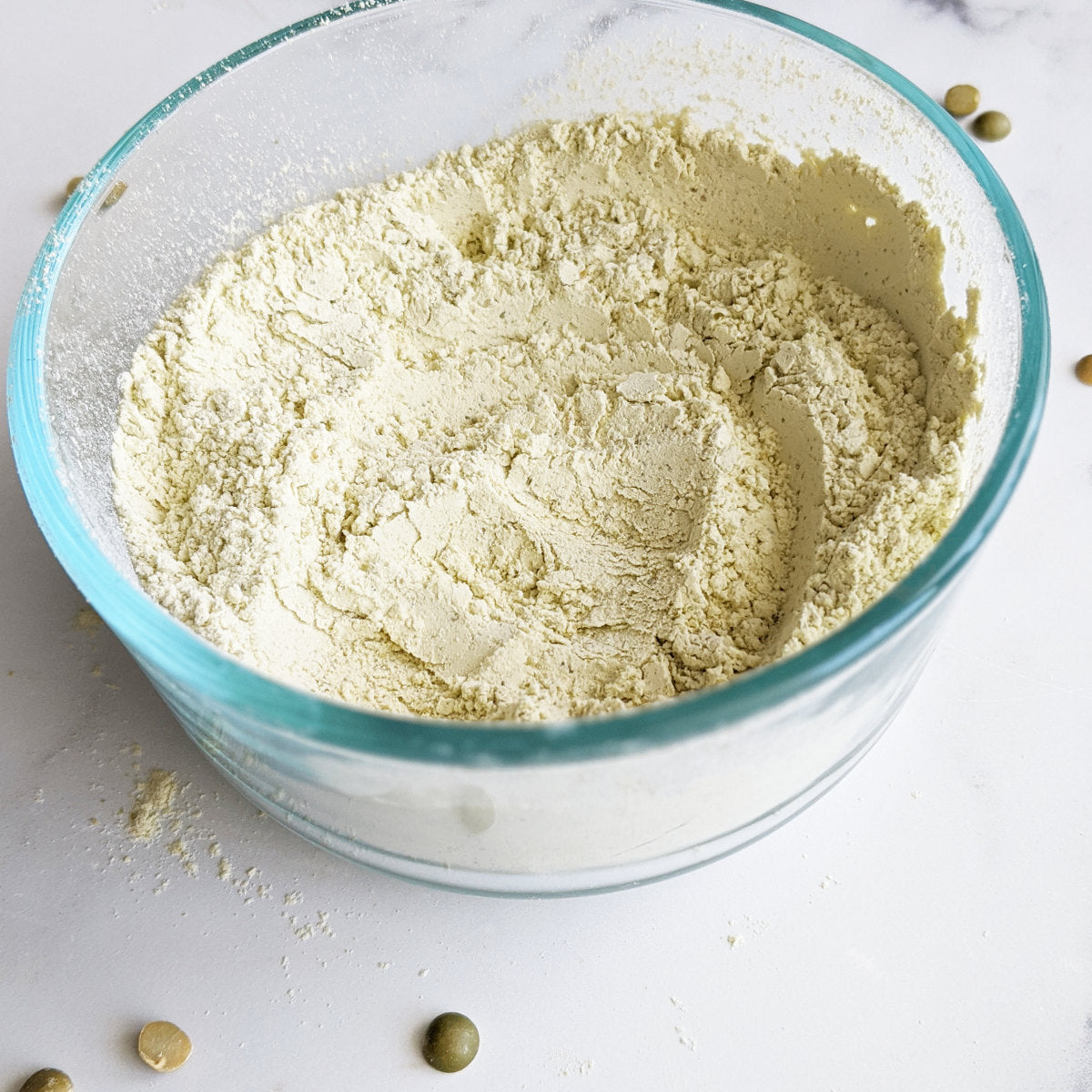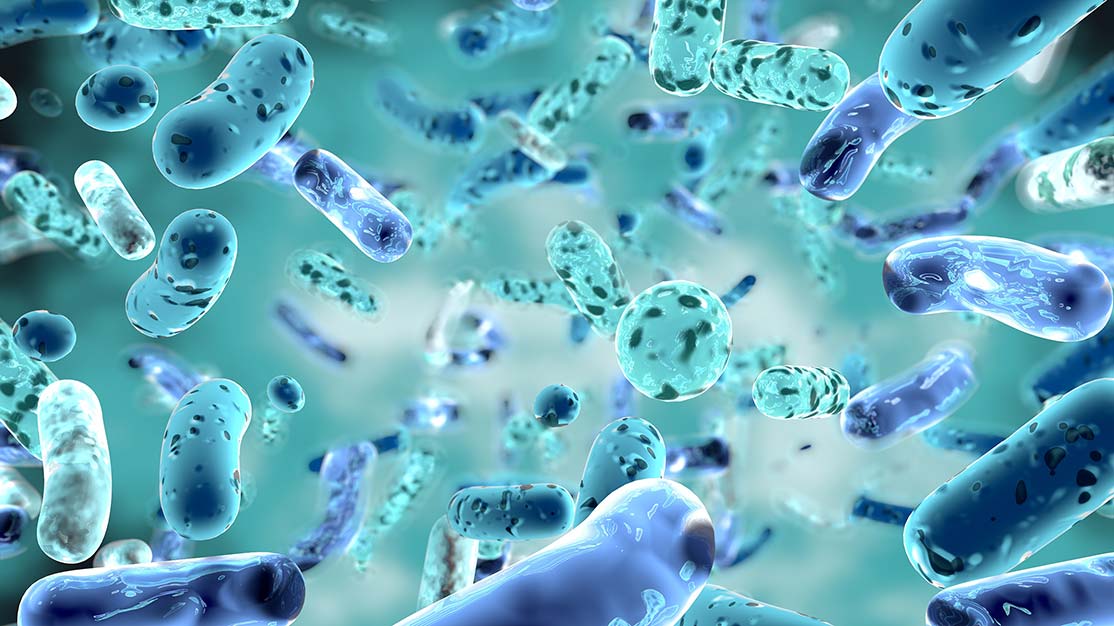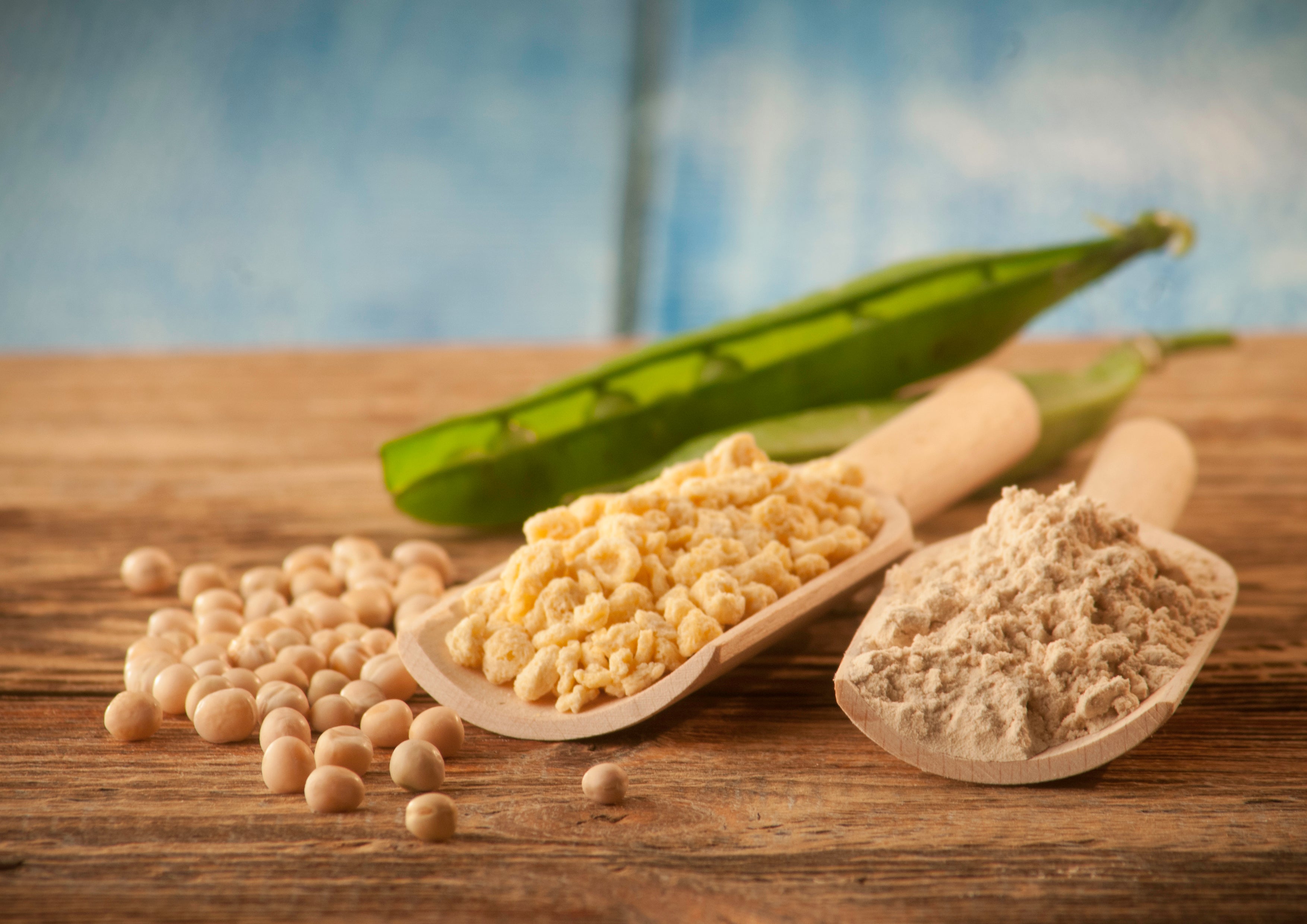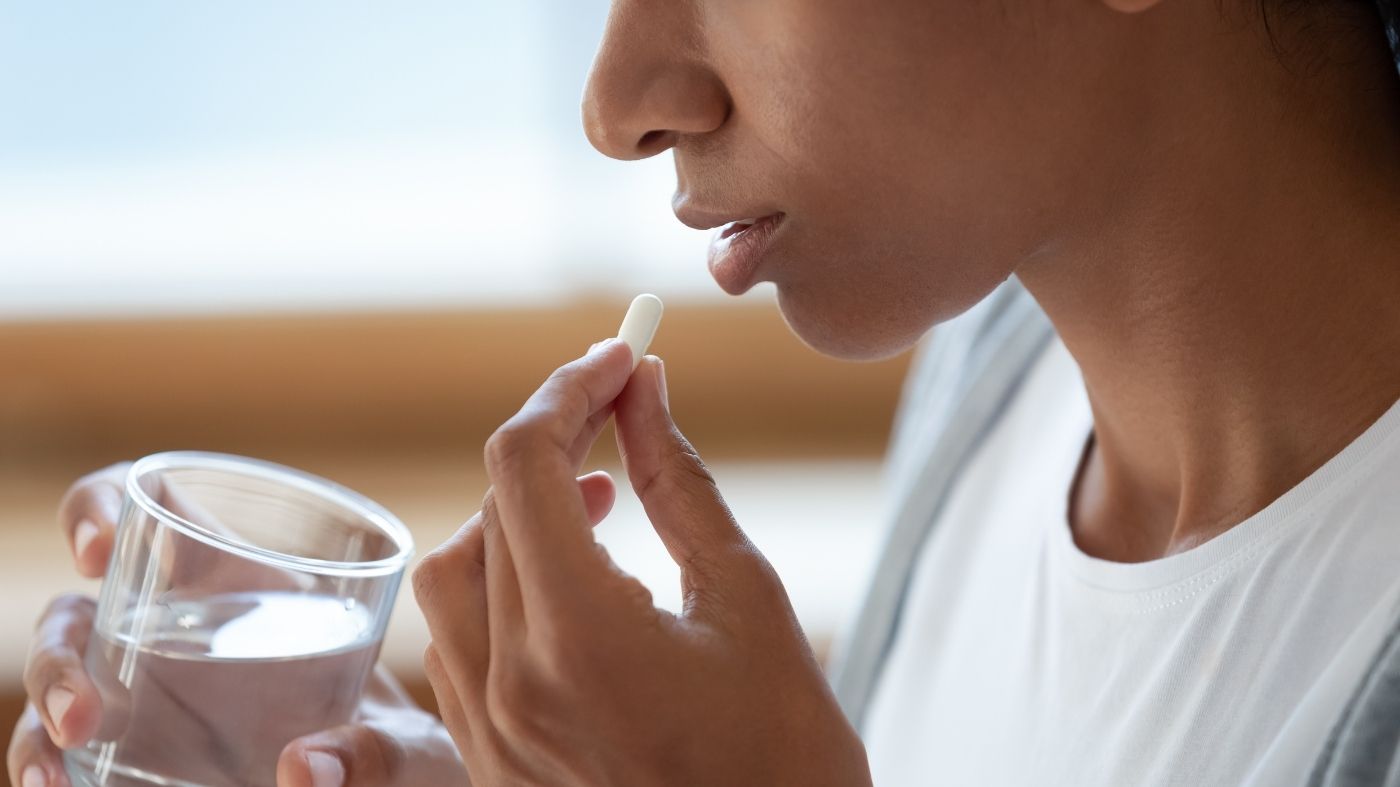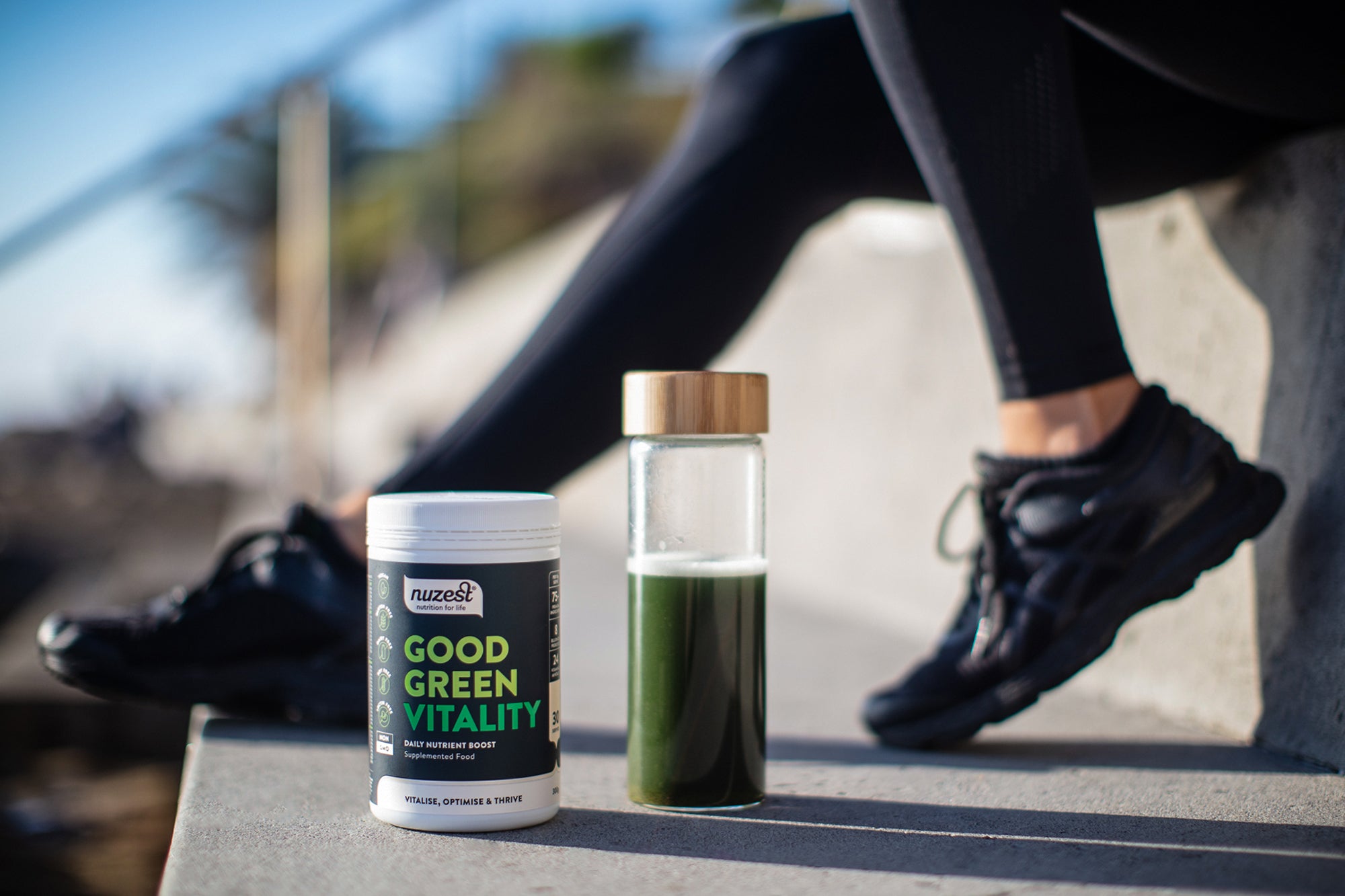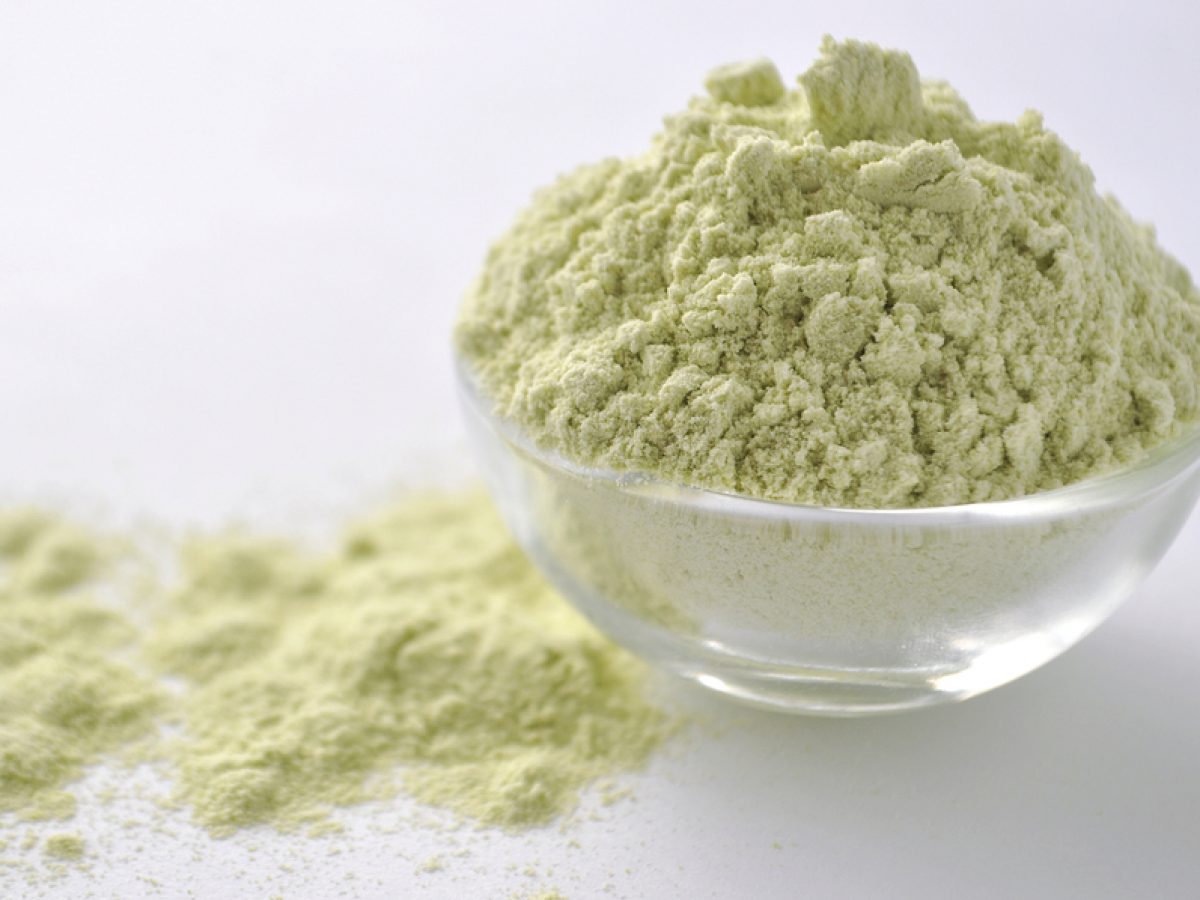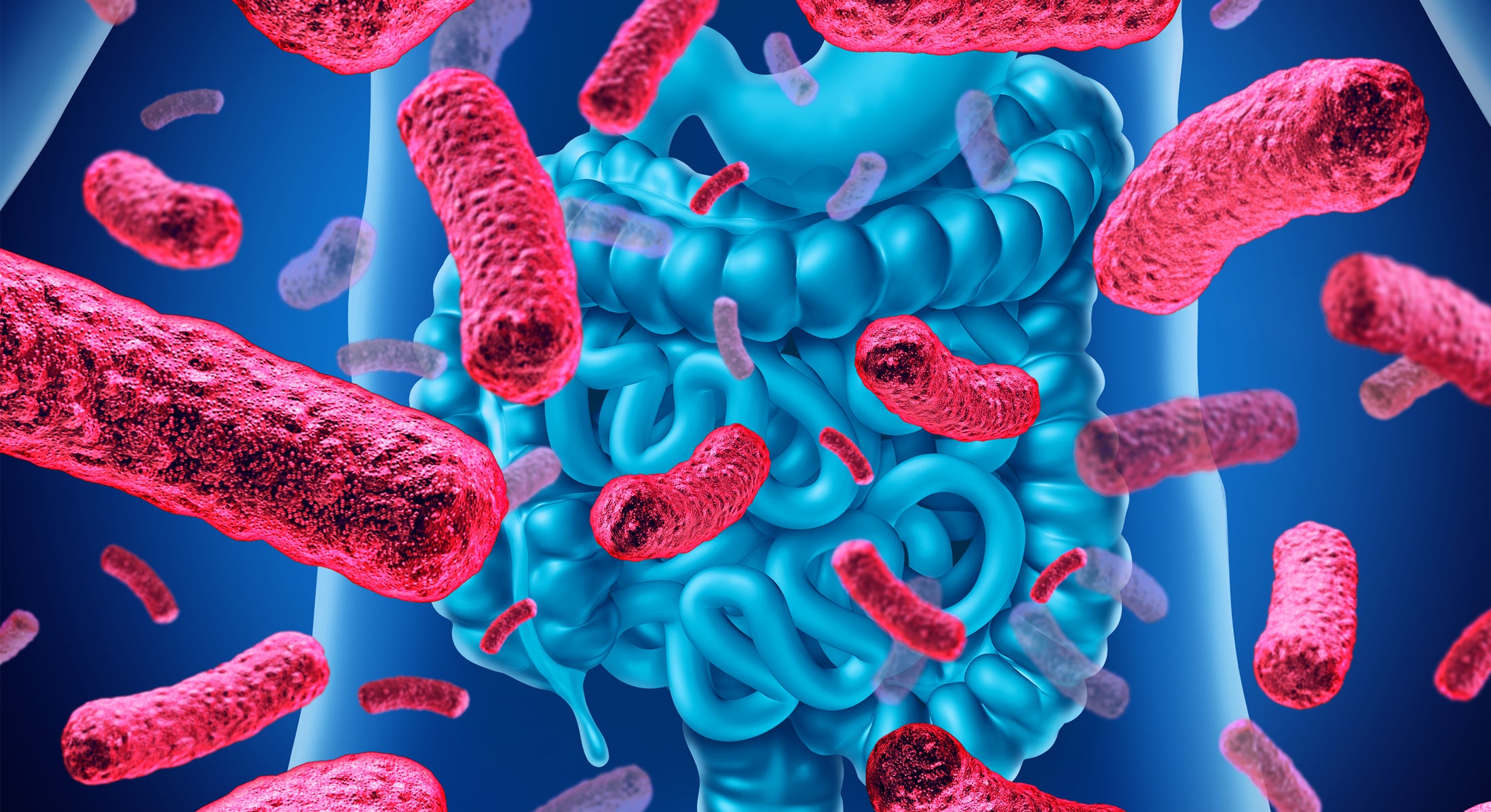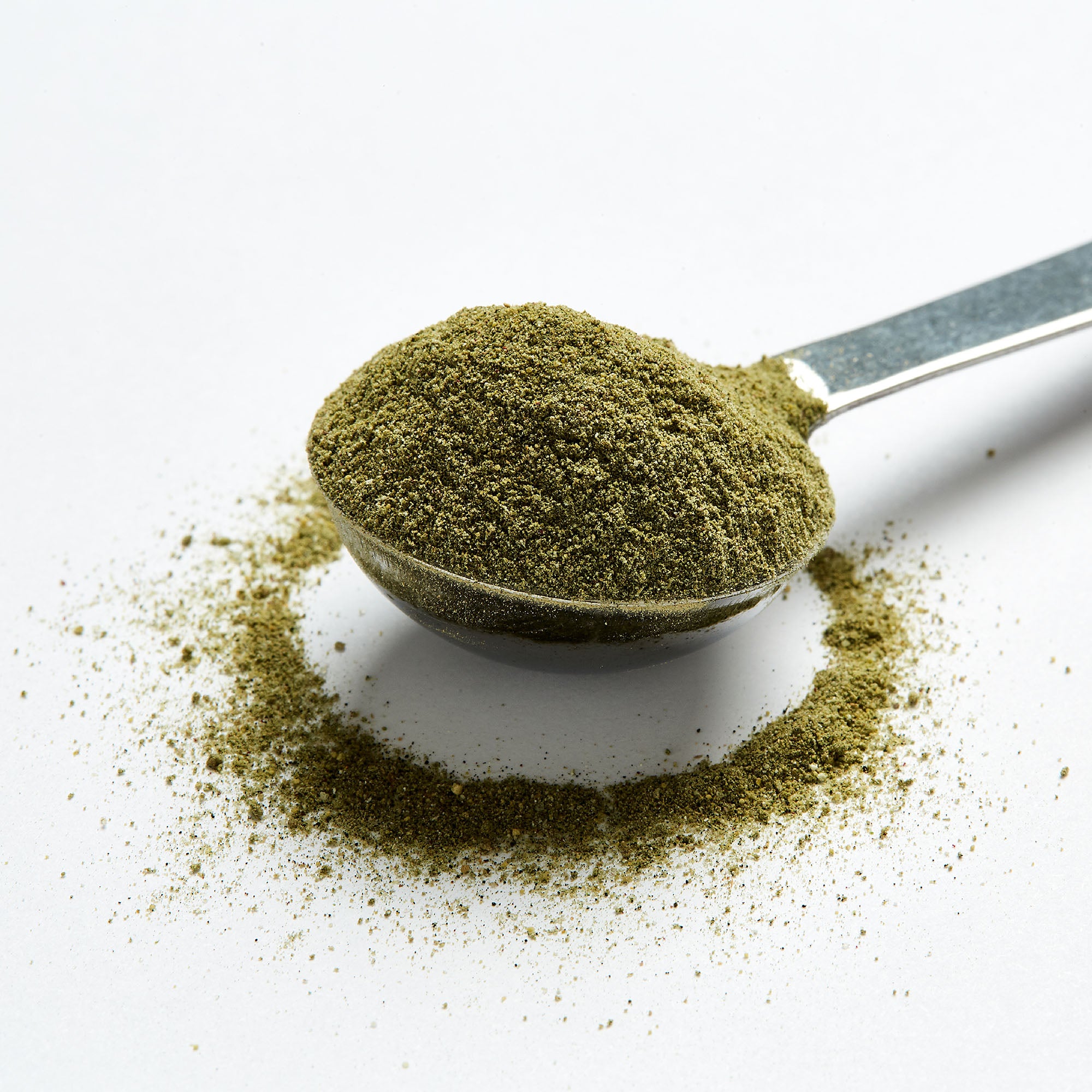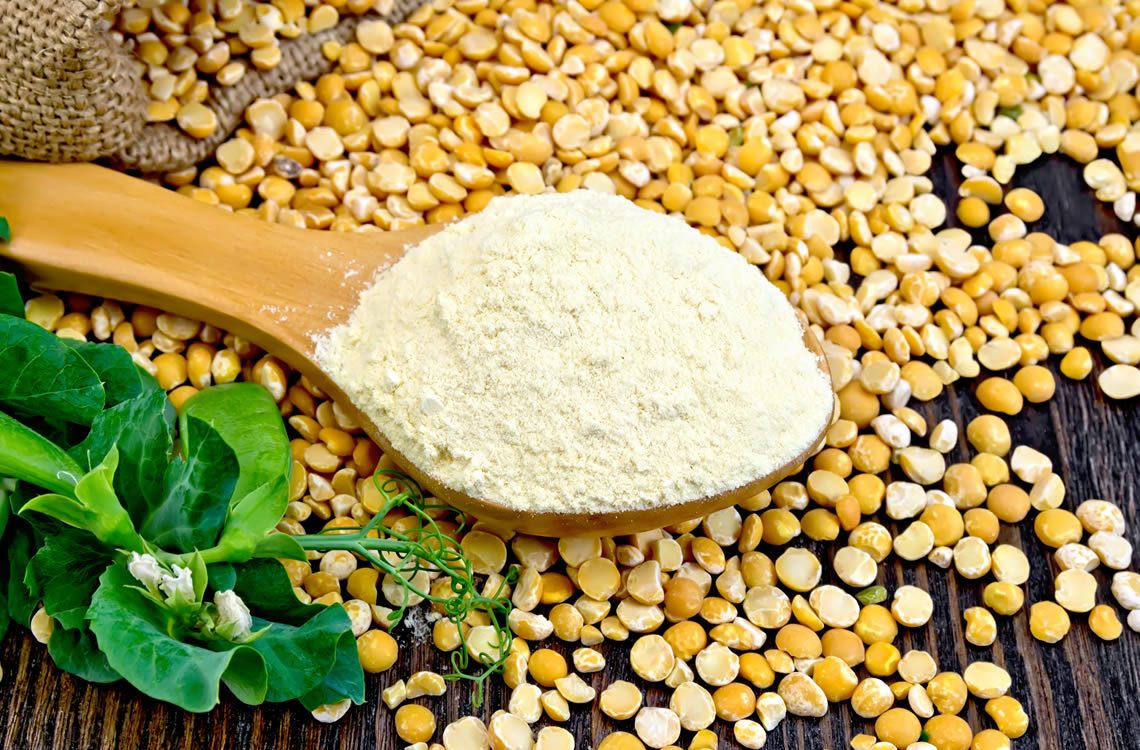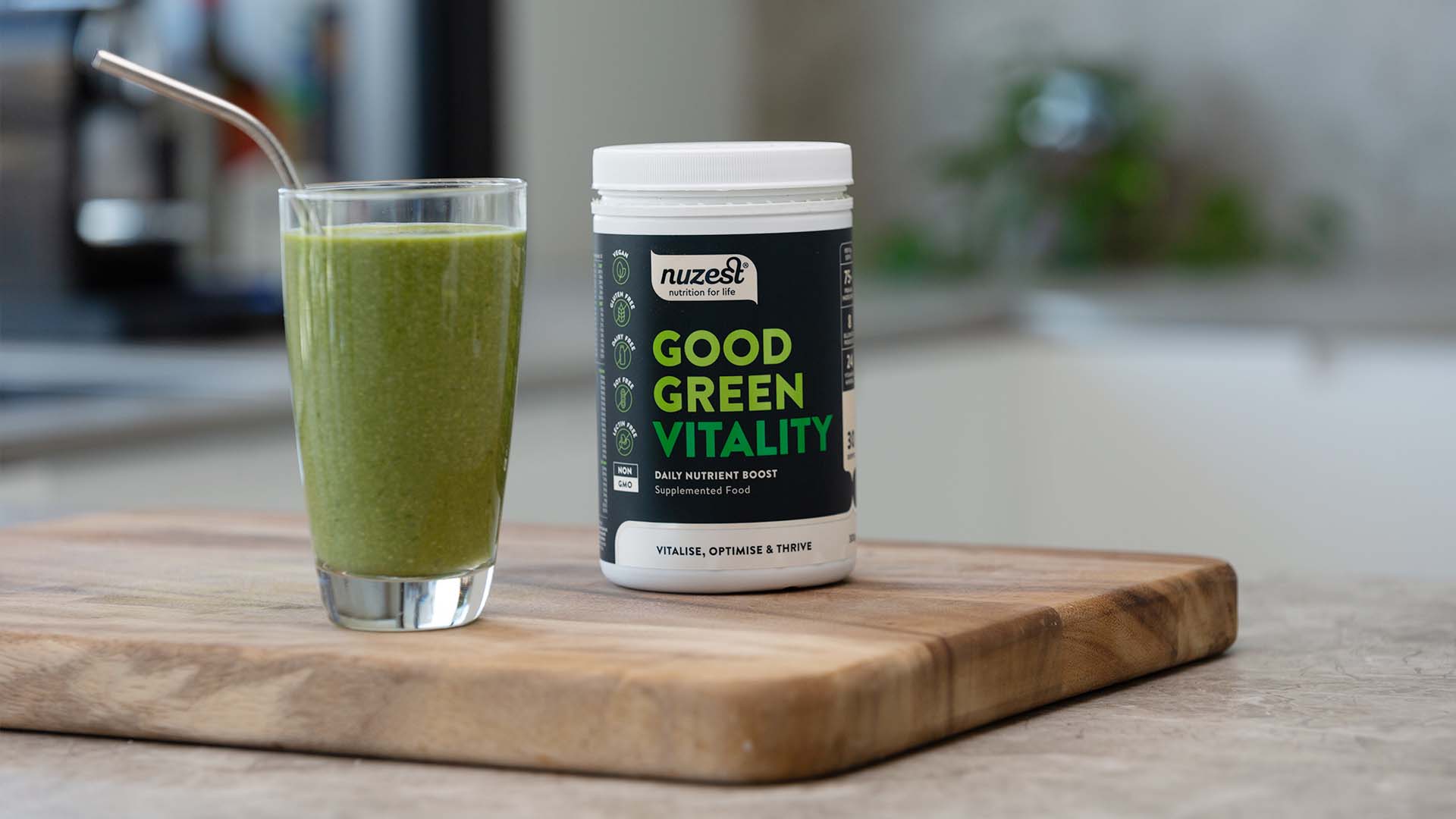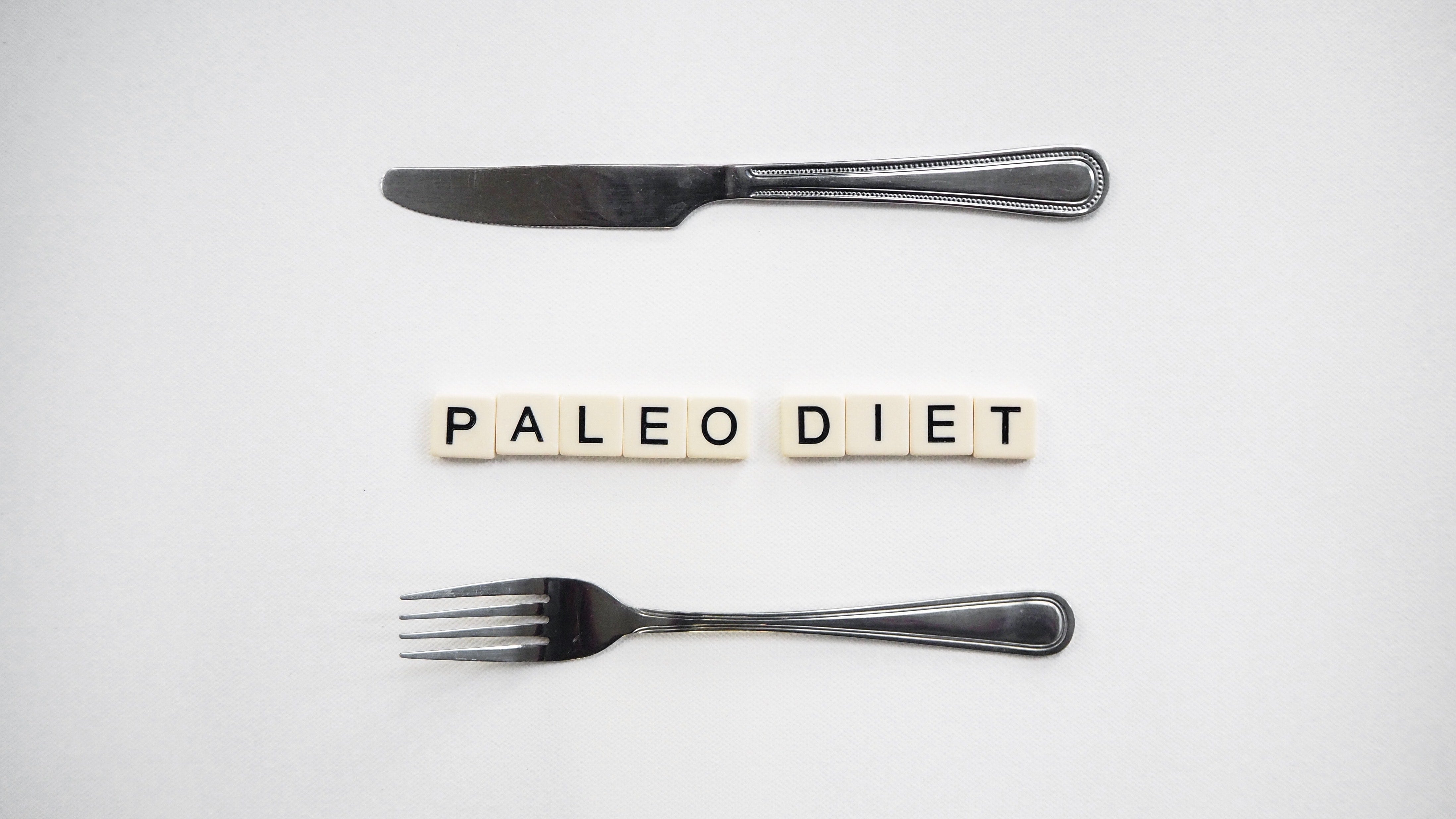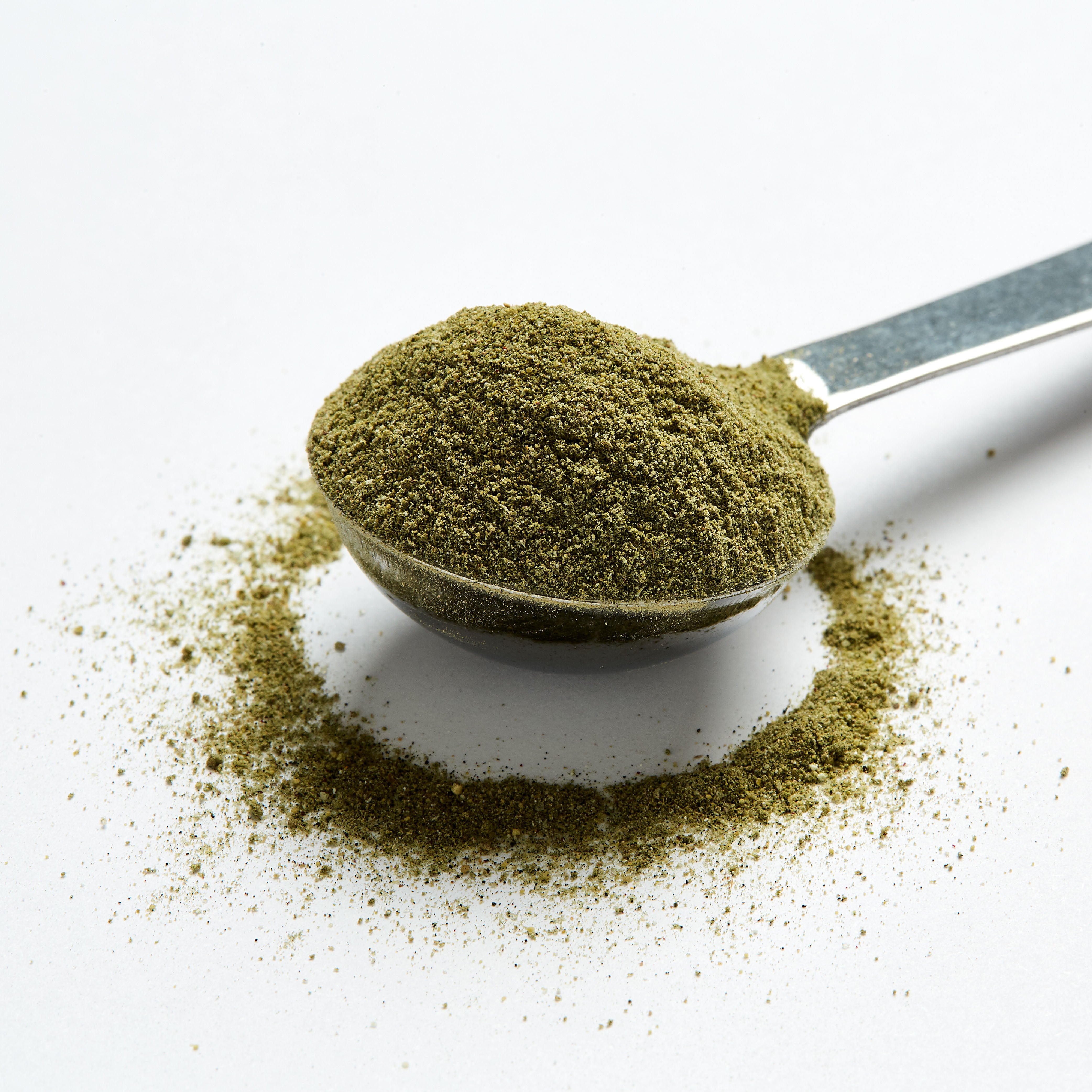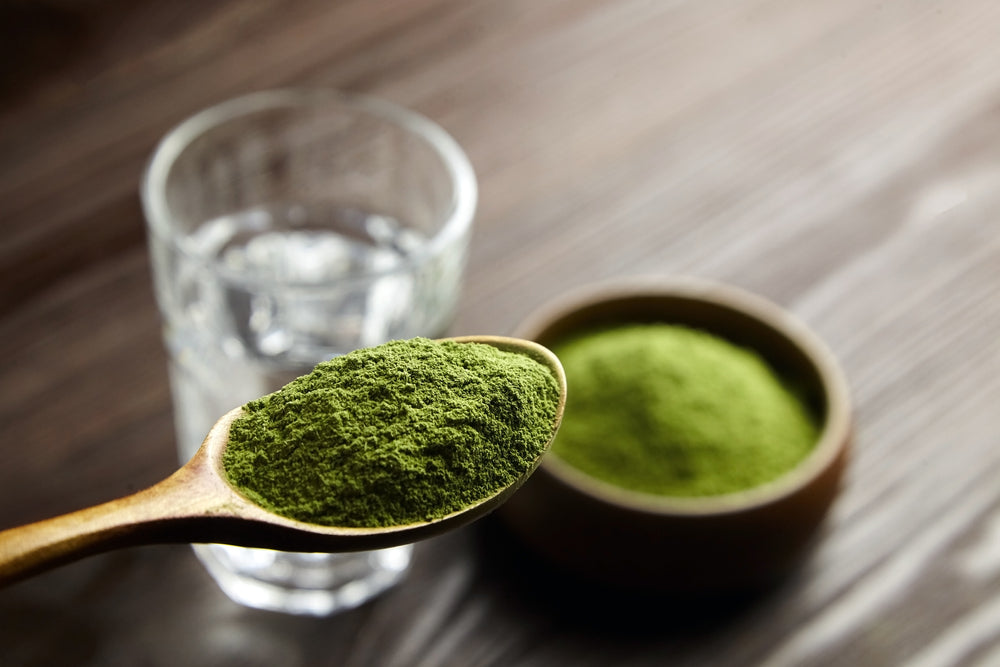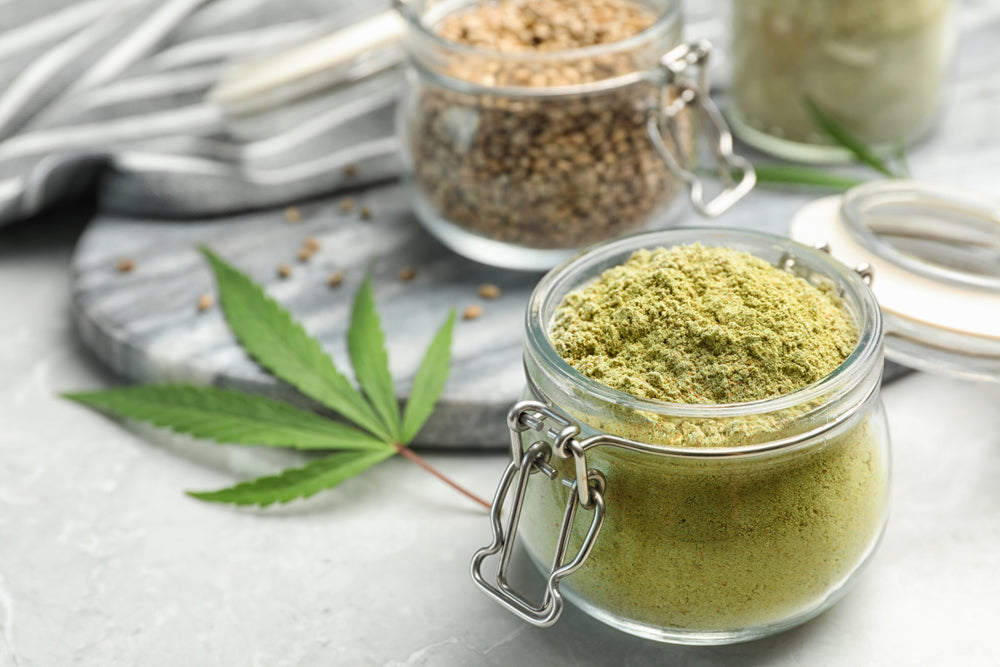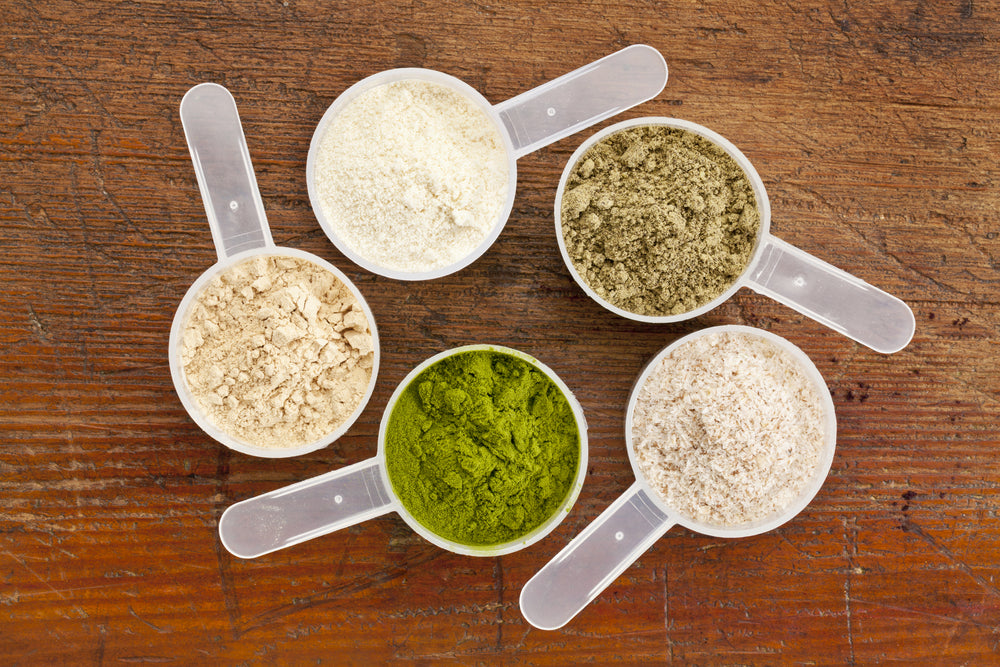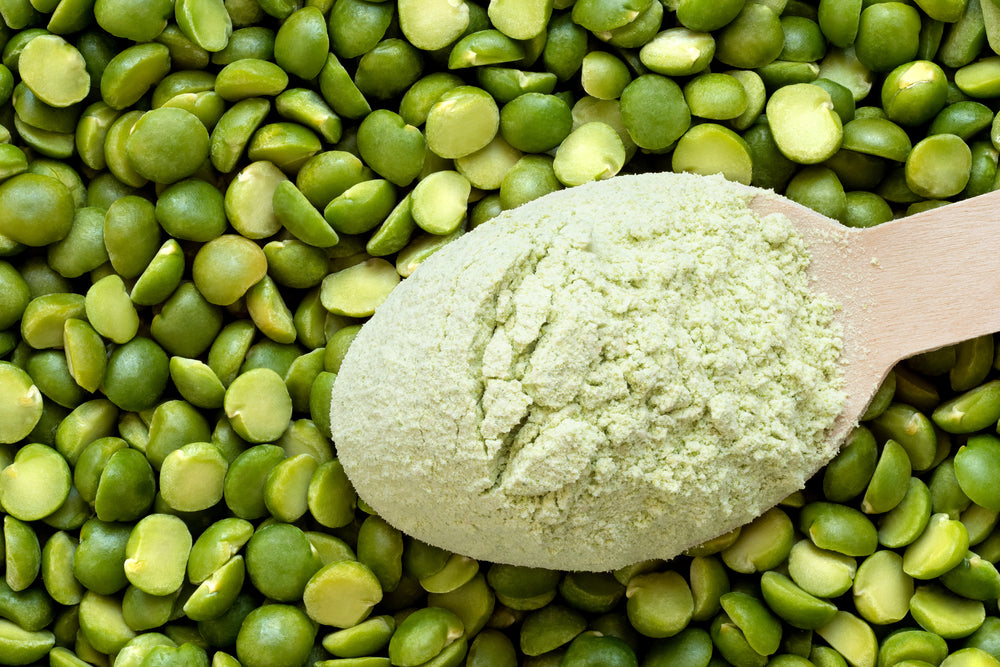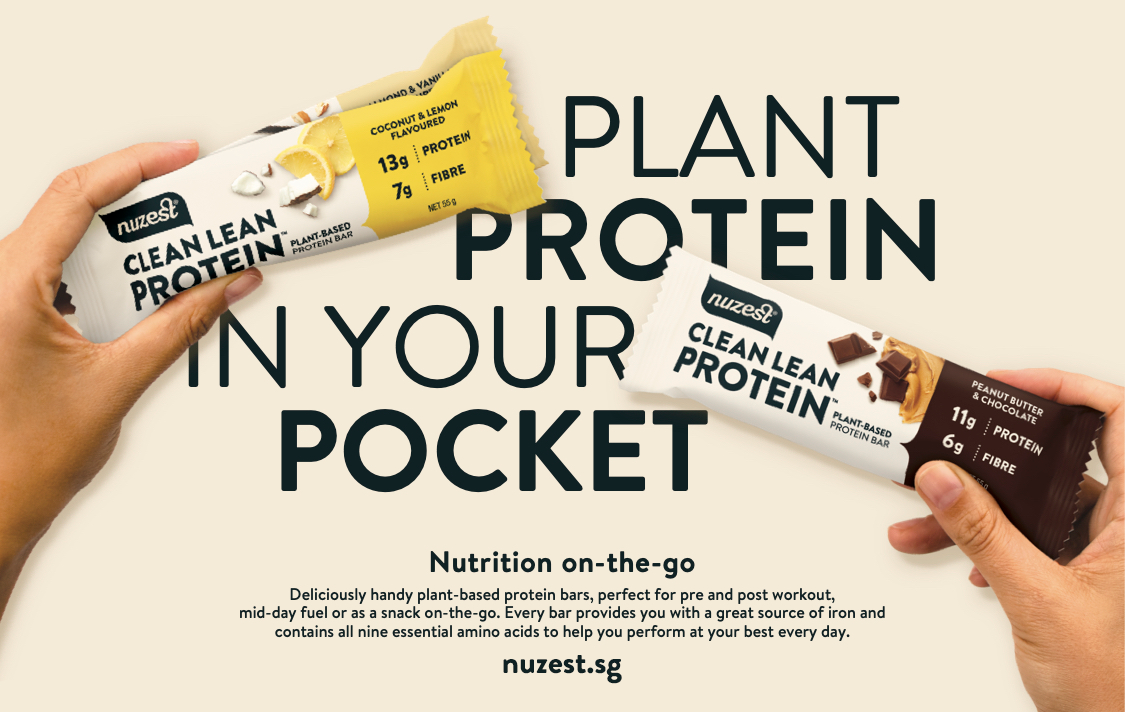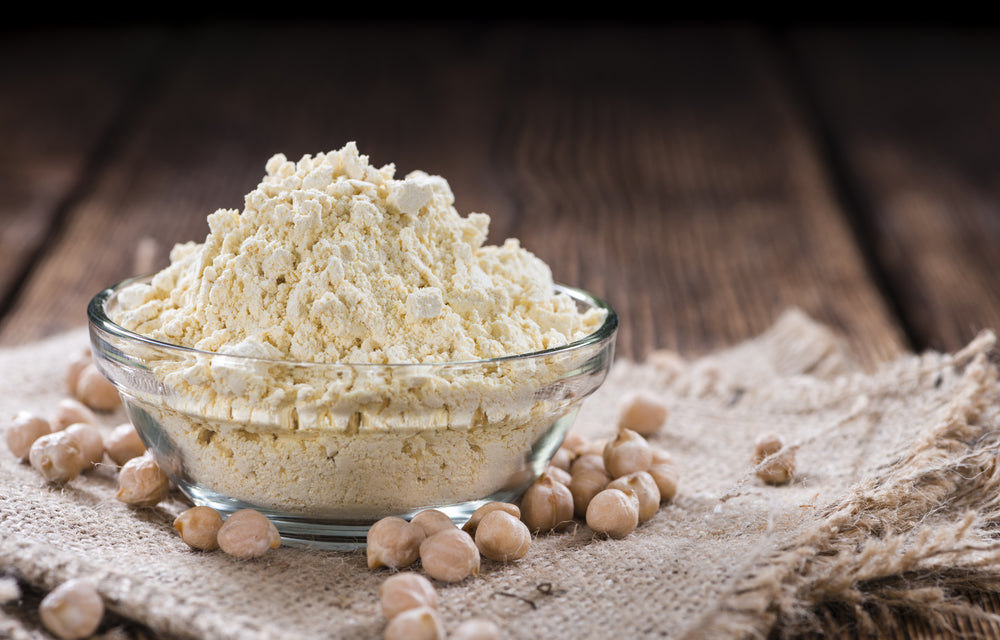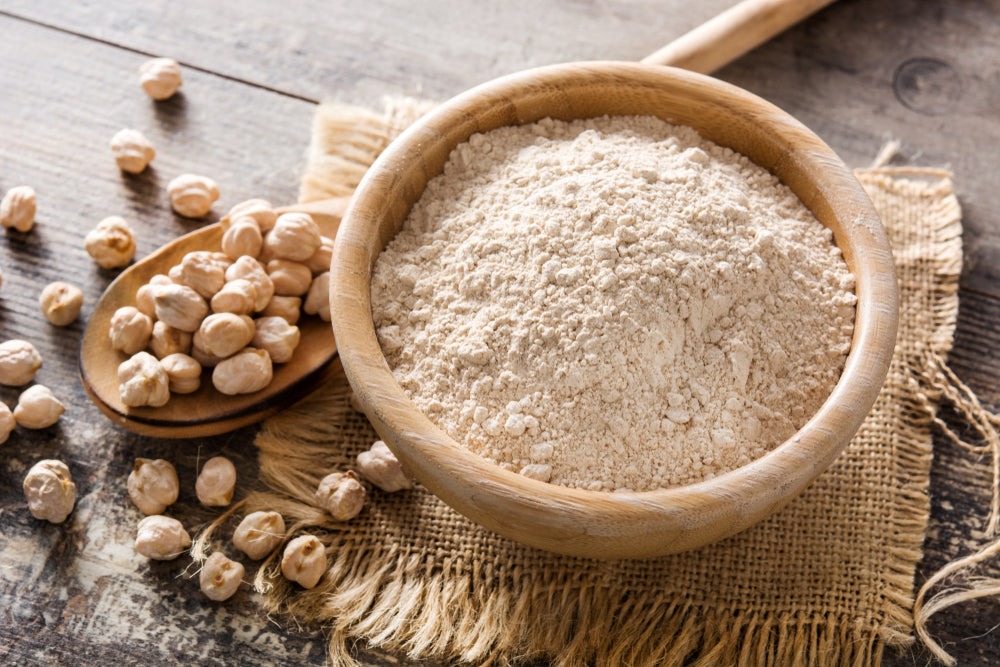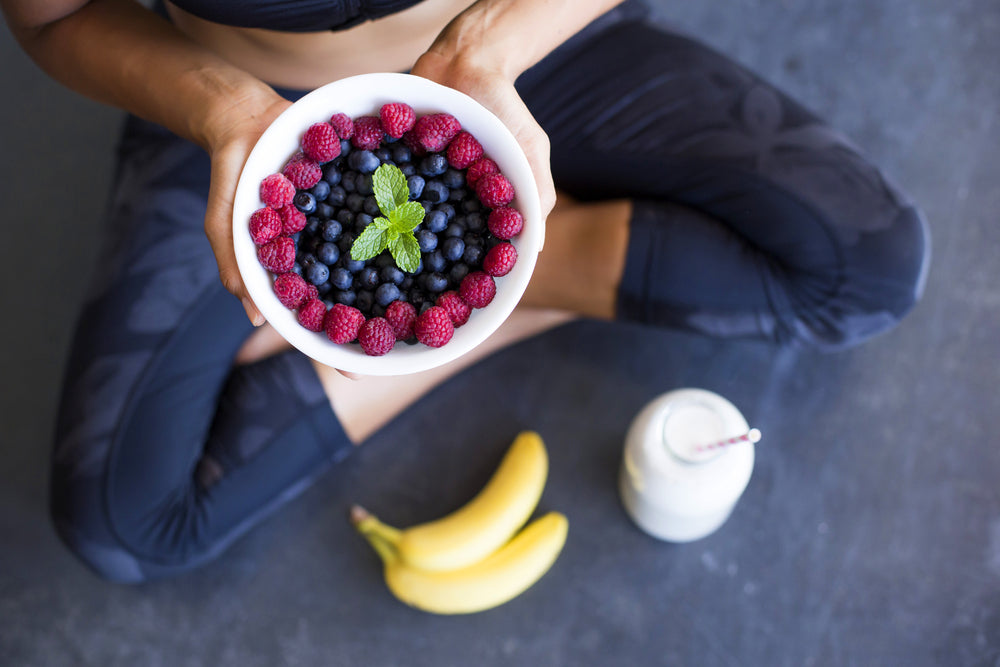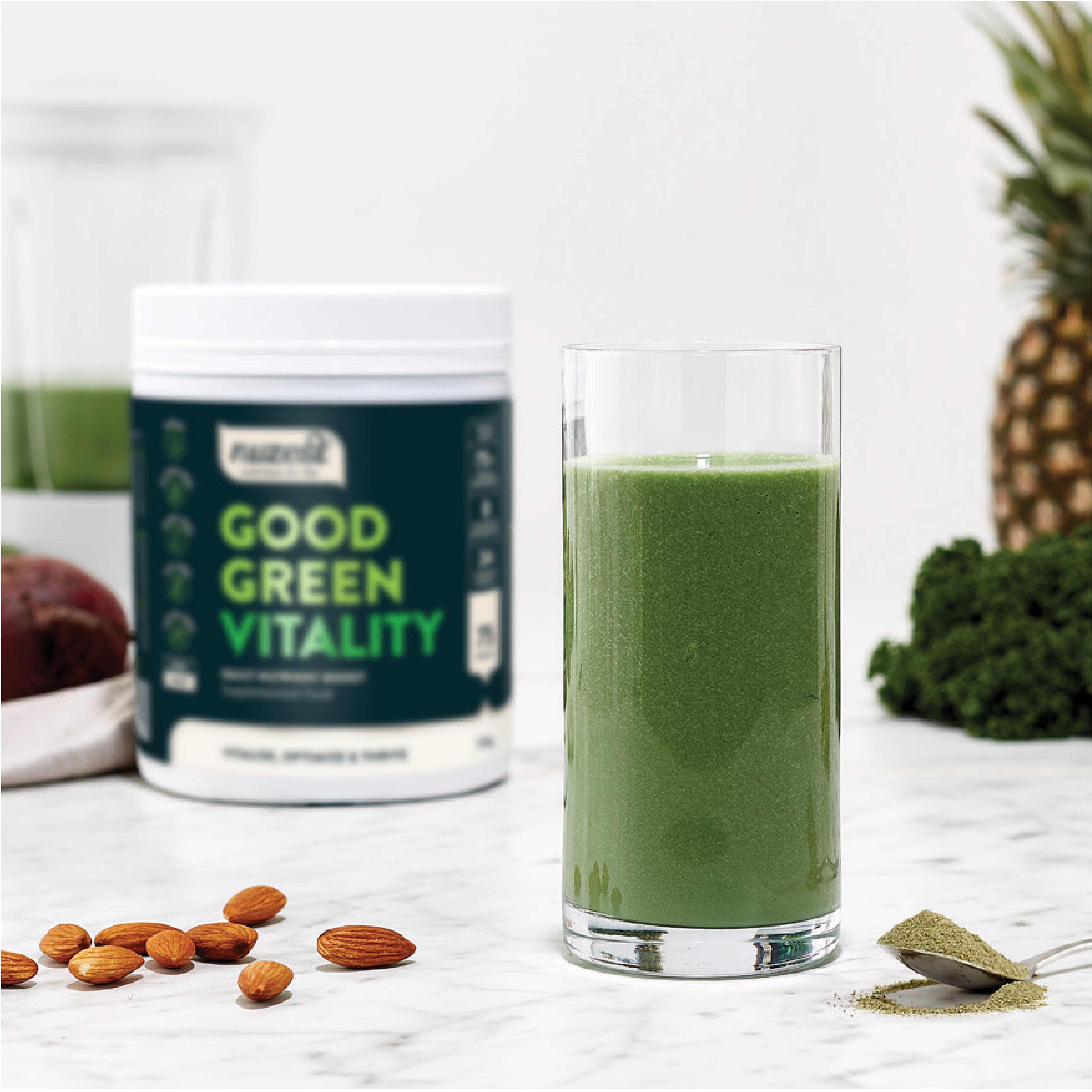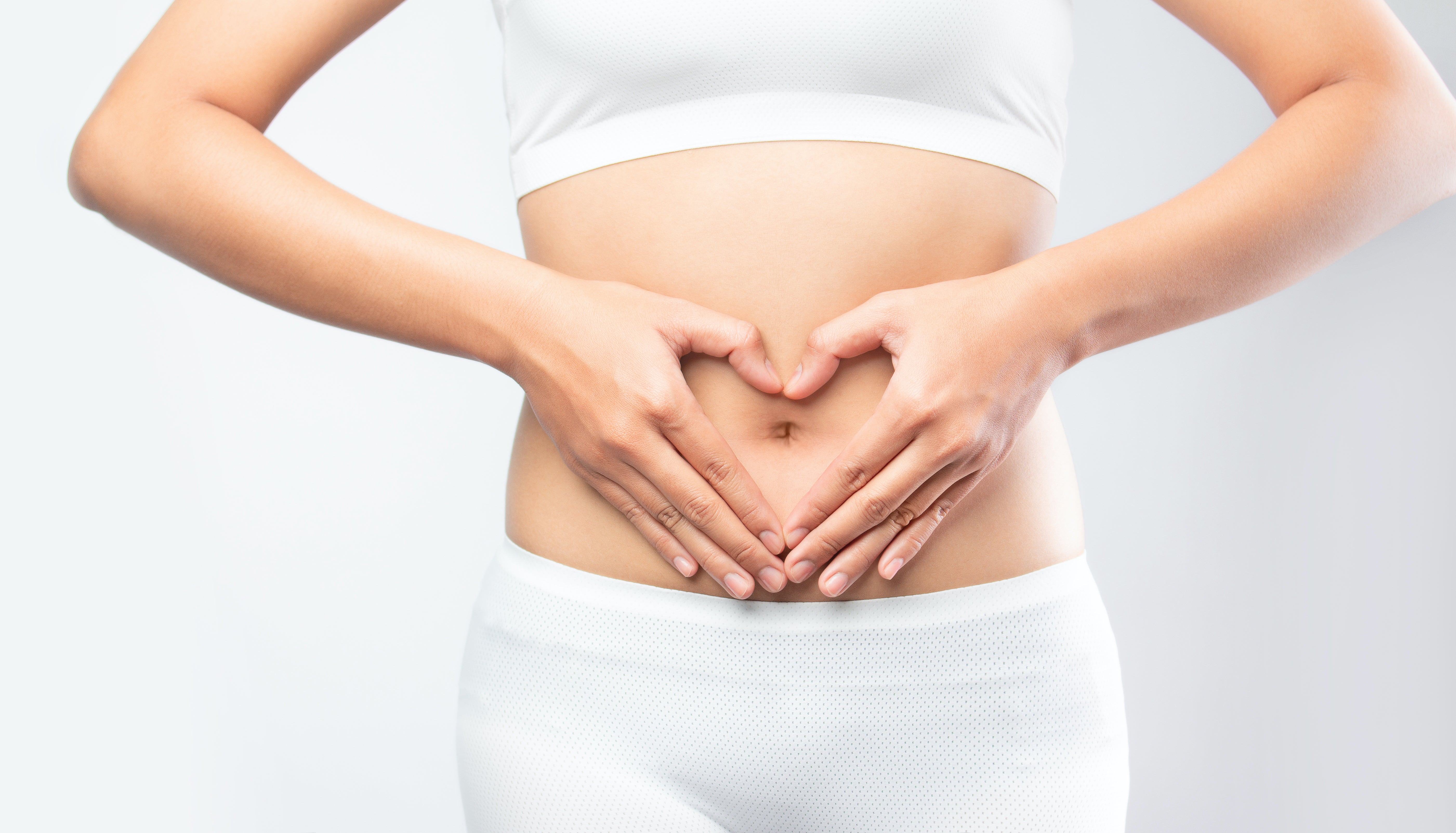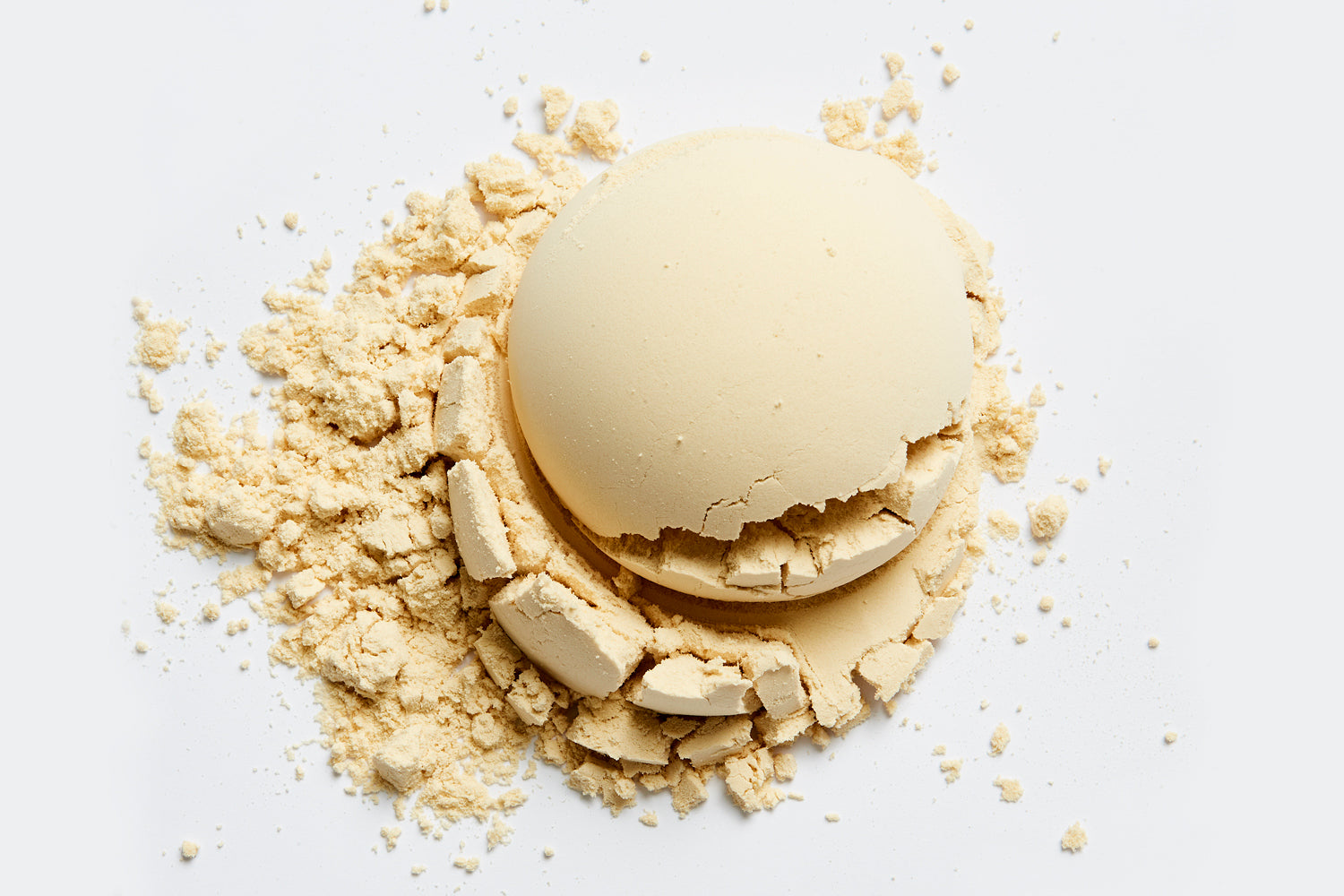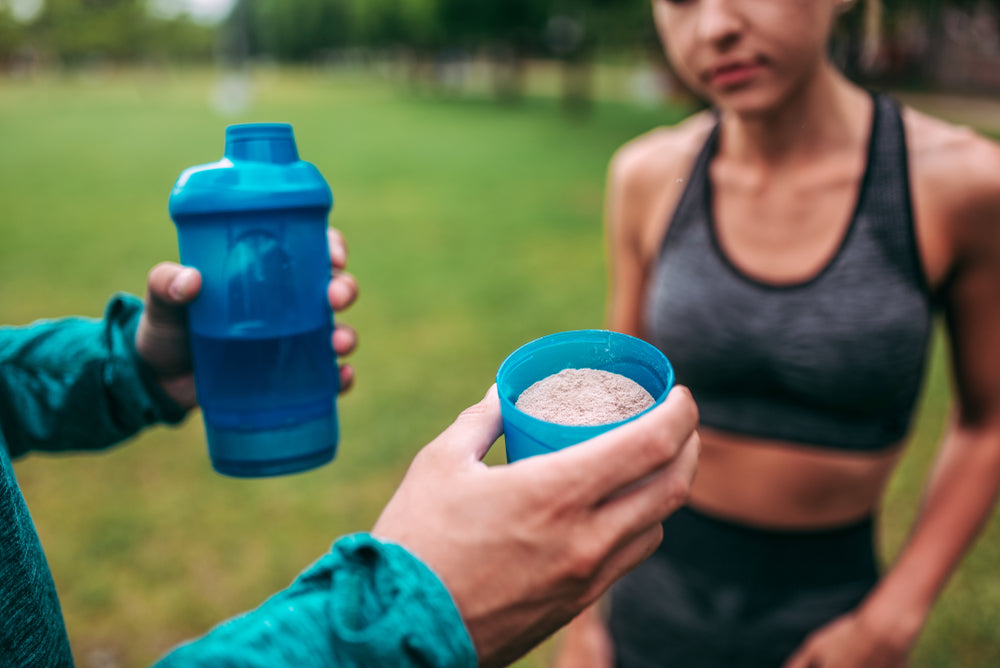Do Probiotics Cause Bloating? Learn How Probiotics Work!
It is indeed necessary to feed our gut with probiotics. However, you might be already questioning why you end up feeling bloated after taking them? Do probiotics cause bloating? Why does it happen when it should be beneficial to our digestive health?
Yes, probiotics may cause bloating, but on rare occasions. Taking probiotic supplements is usually safe when used as directed. Just in case you end up experiencing the side effects, there are a few tips that we can share with you to overcome this condition.
Read on to find out how probiotics can cause bloating, why it happens, and how to deal with it.
Let's dive in!
The Probiotics
We need the help of probiotics or good bacteria to keep our digestive system healthy. How? According to the report from the Cleveland Clinic, probiotics promote digestion and provide protection against harmful bacteria by preventing dysbiosis - a reduction in microbial diversity and a loss of beneficial bacteria.
In other words, probiotic supplements help replenish good gut bacteria and maintain the balance of colonies in your microbiome.
Furthermore, these are other primary functions that probiotics do to keep our gut health in good condition:

- It prevents inflammation and intestinal problems in the gut.
- It also plays a vital role in oral health and skin health.
- It helps reduce discomfort caused by gastrointestinal distress.
- It promotes regular bowel movement.
- It lowers glycemic index and cholesterol levels.
- It helps lessen the symptoms of anxiety and depression symptoms.
Probiotics are acquired from naturally fermented food sources or purchased over-the-counter as supplements.
Do Probiotics Cause Bloating? How?
As there are plenty of beneficial effects involved in taking probiotics, there can also be side effects. Some people complain that they experience increased gas and bloating after taking probiotics. But don't panic yet! These are only minor and rare cases. Be aware that some people may need to undergo an adjustment period first.
Bloating and mild gas are some of the side effects people experience when they take probiotics for the first time. But, how does it happen?
When gas and bloating occur, it indicates that your digestive system is not efficiently breaking down and absorbing food completely.
As the undigested food reaches your gut, the probiotics and other gut microbes will ferment it. You may experience bloating due to the increased probiotic activity in your gut.
Note that taking a probiotic supplement increases the number of good bacteria inside your gut. It alters the intestinal microbiota as a way to stabilize microbial communities. The effect of an increased microbial activity lets your gut microbes produce additional gas than normal. As a result, it makes you feel bloated.
Again, bloating and gas often happen during the first few days of taking probiotics. Over time, your body should eventually adapt to the newly-introduced gut-friendly bacteria, allowing for improved digestion.
What Should You Do To Ease Bloating?

Give time for your body to adjust.
Bloating and excess gas gradually resolve on their own in just a few days of taking your probiotic supplements.
Use a digestive enzyme
Digestive enzymes supplements help in the digestion, breakdown, and absorption of food. Thus, it can help reduce gas and bloating.
You can also get a natural source of digestive enzymes from papayas, protein, oats, and whole grains.
Take probiotics on an empty stomach.
Ideally, it is advised that you should try taking your probiotic supplements on an empty stomach before bedtime. Why? The gut is relatively inactive during sleep. Taking probiotics on an empty stomach ensures that it will not ferment any food and produce gas.
Try a different probiotic strain.
Probiotic supplements come in different probiotic strain combinations or formulations. Ask your doctor for proper guidance.
Drink Enough Water.
Keep yourself well hydrated. Note that even the mildest form of dehydration can already cause constipation. Drinking an adequate amount of water throughout the day softens stools and stimulates bowel movements.
Feed your probiotics with prebiotics.
Probiotics feed on prebiotics. It increases its chances of survival throughout its journey to the gut. Once it reaches the final destination, your probiotics will more likely remain active and well-functioning in your gut. Prebiotics usually come from foods containing fiber - dietary fiber.
Choose Your Probiotics Wisely!
To get the best out of your probiotic supplements, it is essential that you should choose the right ones for you. Remember these few tips when buying a probiotic supplement:
It should contain multiple strains
The more strains a probiotic supplement has, the better. After all, our microbiome is composed of billions of strains that support our health.
It should be in a dosage of billions.
An adult's daily recommended dosage for probiotics is 10 billion CFU or more. Thus, choose a probiotic supplement that contains billions of good bacteria in one dose.
Just in case your body can't handle the side effects, we recommend you start low then slowly work on increasing the dose up to 10 billion CFUs.
Make sure to read the label so that you can be aware of the potency of your probiotic supplement. You should not go beyond the manufacturer's recommended dosage!
It should be free from binders or fillers.
Ingredients such as binders and fillers like lactose or cornstarch are some of the culprits that can cause gas or bloating. So, you better check the label before tossing it into your cart!
Aside from bloating, gas, upset stomach, and diarrhea are some common side effects that you may experience after taking probiotic supplements.
Side effects such as bloating typically clear up after a few days or a week. Then, you may increase the dosage once your body has become accustomed to the probiotic supplement.
Thus, don't get too discouraged over the minor side effects. Note that the potential benefits of probiotics outweigh the cons! With the help of the steps mentioned above, you'll feel at a comfortably brand new level in no time.
See your doctor if bloating still persists. They'll recommend you to try out another type of probiotic supplement.
Get Good Green Vitality For A Healthy Tummy!
Nuzest's Good Green Vitality contains 8 billion CFU probiotic cultures of L. acidophilus and B. bifidum. That already covers up to 80% of an adult's daily recommended dosage for probiotics!
It is made with over 75 ingredients from vegetables, fruits, herbs, vitamins, and minerals!
Our refreshed, rejuvenated, and expertly formulated supplement promotes energy, vitality and balance, immune support, easy digestion, healthy aging, and memory and stress control.
What else? Good Green Vitality is vegan, gluten-free, dairy-free, soy-free, lectin-free, and Non-GMO. Everyone from 4 years and up can take this supplement as their nutrition support!

Good Green Vitality
75 ingredients working together to support everything from digestion, immunity, and healthy ageing, to stress, energy, and cognition in one daily serve.
Disclaimer:
The information provided on Nuzest is for educational and informational purposes only. The information provided on this site is not, nor is it intended to be, a substitute for professional advice or care. Please speak to your qualified healthcare professional in the event that something you have read here raises questions or concerns regarding your health.

